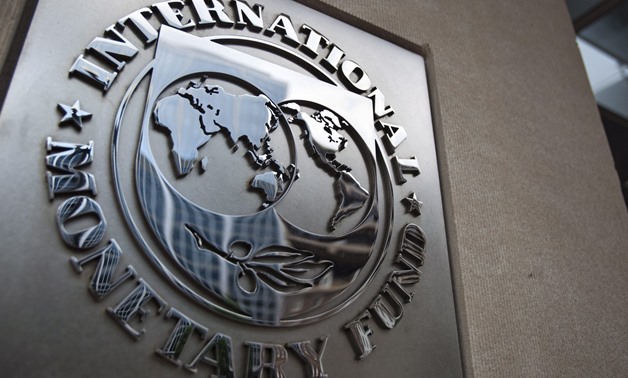
International Monetary Fund (IMF) - REUTERS
CAIRO – 15 July 2018: “Egypt’s inflation is expected to temporarily rise in 2018/19, reflecting increases in fuel and electricity prices. However, by next year inflation rate will move to single digits,” the International Monetary Fund's (IMF) Mission Chief for Egypt Subir Lall said on Twitter.
The Central Agency for Public Mobilization and Statistics (CAPMAS) announced that annual consumer price inflation slipped to 13.8 percent in June 2018, from 30.9 percent in the same month of 2017.
On a monthly basis, inflation increased 2.9 percent in June, compared to the previous month, to record 282.7 points, CAPMAS said.
Lall also stated to the Middle East News Agency (MENA) that the economic reform program taken by the Egyptian government contributed to the stability of the macro economy, as the budget deficit shrunk significantly.
Lall added that the ambitious reforms recorded a number of achievements, including a decline in inflation and unemployment and greatly improved prospects for growth.
He noted that the most important reforms are the liberalization of the exchange rate, the reform of energy subsidies, the application of value added tax and strengthening of public financial management, in addition to the important steps taken to improve the business climate, such as the approval of industrial licensing, investment and bankruptcy laws.
In November 2016, the Executive Board of the IMF approved a $12 billion loan as a financial assistance to Egypt to support the Egyptian economic reform program.
Upon the board's approval in November, Egypt floated its currency, losing around 50 percent of its value as part of the economic reform program which imposed taxes, including the value-added tax (VAT), and cut energy subsidies, aiming to reduce the budget deficit.
The Cabinet announced on June 16 cutting the fuel subsidies, to lower the fuel subsidy to 25 percent now.
On June 12, Egypt also cut its electricity subsidies, raising prices by an average of 26 percent in the 2018-2019 fiscal year beginning July.
“Achieving high growth rates will be effective by creating new job opportunities, and helping raise living standards, in addition to creating more financial space to expand the scope covered by the social safety net and support social programs for beneficiaries,” he stated.
"To maintain strong growth and make it more inclusive for all segments of society, a strong and vibrant private sector that acts as a key driver of growth, competes internationally and is the primary engine for job creation must be created,” Lall added.
IMF’s Mission Chief for Egypt added that the government has enhanced external competitiveness through exchange rate liberalization and expanded its structural reform agenda to help overcome key obstacles to private sector development and facilitate the reorientation of the economy towards private-led and export-led growth.
Regarding the increased growth rate, he said it will lead to more public finances that can be used to boost spending on education, health and social needs targeted at the most needy segments of society.
Egypt recorded a gross domestic product (GDP) of 5.4 percent during the third quarter of fiscal year 2017/2018.
Lall praised the government's move towards a more effective and targeted social safety net for beneficiaries and poor families through the expansion of cash transfer and food support programs.
He pointed to the steps taken by the government to increase spending on health and education, and the increased support for food supplies monthly that went in 2017/2018 from LE 21 to LE 50 per beneficiary.
Lal also suggested that the expansion of coverage of Takaful and Karama for targeted cash transfers and the increase of subsidies through them have, together with other measures, offset all negative impacts of the reforms implemented in 2015/2016 and 2016/2017 on beneficiaries of this software.
Takaful and Karama Program is a part of social protection net as a cash transfer program, aiming to protect the needy people from the negative effects of Egypt’s reform program.
He clarified that additional allowances for public sector employees which will be between 7 percent and 10 percent of their wages, an increase of 15 percent in social insurance pensions, a 10 percent additional bonus for public employees, increased tax deductions and a further increase in social pensions all come as part of the recently restructured support system, mitigating the effects of the reform program.
In June 2018, the Executive Board of the IMF approved the third review of Egypt’s economy, delivering the fourth tranche of a $12 billion loan, raising the total disbarments Egypt got under the program to $8 billion.

Comments
Leave a Comment